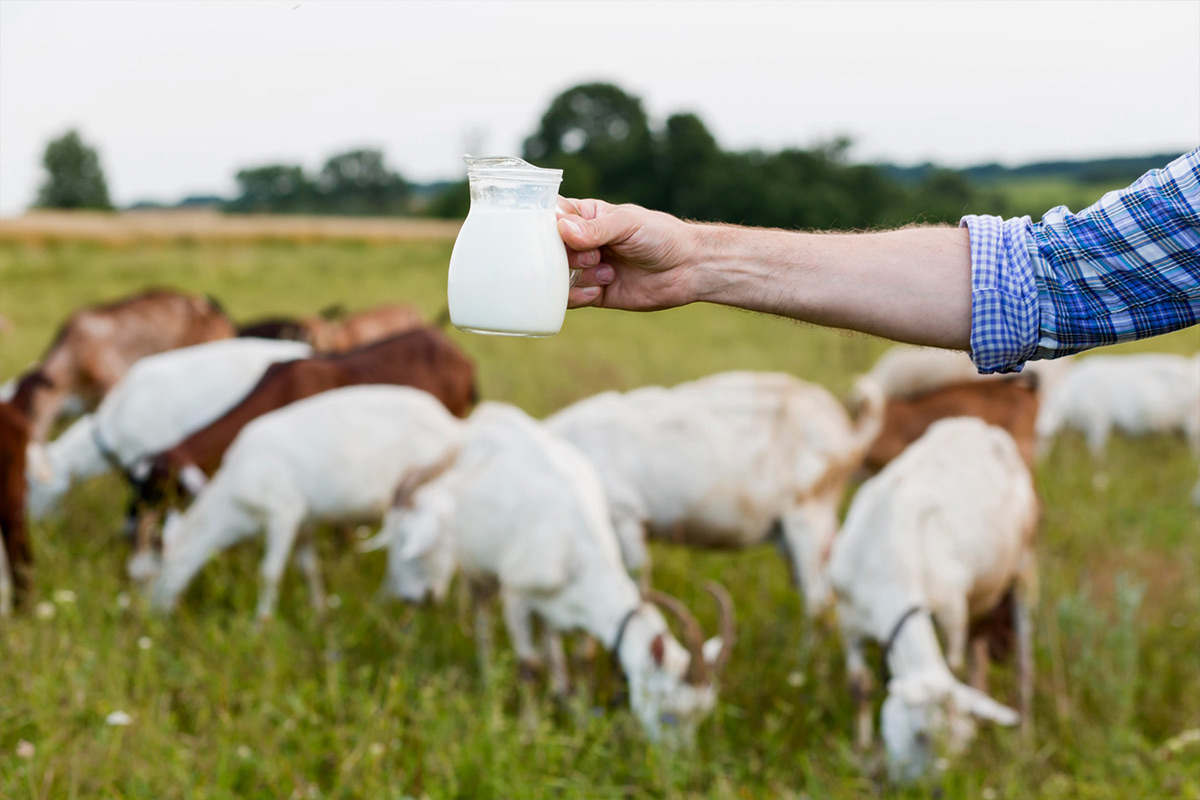
in Malaysia
The Australian Trade and Investment Commission (Austrade) helps and supports Australian companies
2nd
Malaysia is Australia’s second largest trading partner in ASEAN and 9th largest partner overall in 2021.
$20 billion
Two-way annual trade averaging $20 billion. Underpinned by three free trade agreements – MAFTA, AANZFTA and RCEP.
20+years
We have over twenty years’ experience helping Australian businesses of all sizes successfully export to Malaysia & Brunei.

Who We Are
Austrade’s office in Kuala Lumpur is staffed with experienced personnel who have a deep understanding of Malaysia’s unique business landscape. We are committed in understanding the needs of your business and able to provide customised advice on your export strategy to Malaysia.

Austrade Services
Our key services include providing information and advice to help inform of Malaysia’s market suitability for your business, introducing local contacts as part of business matching services, and other hands-on support throughout your export journey to Malaysia.

Our Value-Add
We help you to identify commercial opportunities in Malaysia that matter to your business. With our local insights and expertise, we aim to shorten your time to market and improve the overall export experience.
Consortium to deliver major infrastructure project in Sydney
Gamuda Australia and Laing O’Rourke are partnering on a major infrastructure project in Sydney, Australia. The two companies formed a consortium that won the A$2.16 billion Western Tunnelling Package
03 January, 2023Aussie goat milk nourishes children across Asia and beyond
A leading Australian infant nutrition, organic baby food, snacks and vitamin supplements business has hit on a winning formula in its export strategy: diversification. Long before pandemics and trade
03 January, 2023Seniors Living and Health
With a burgeoning senior population, changing household dynamics and increasing wealth, the Aged Care or Senior Living industry in Asia and Eastern Europe has opened opportunities for Australian capab
03 January, 2023
Frequently Asked Questions
Here is a list of frequently asked questions when considering the Malaysian market
What is the role of the Australian Trade and Investment Commission in helping Australian businesses?
Who we are
The Australian Trade and Investment Commission (Austrade) promotes Australian trade, investment, tourism and education to the world. We deliver services to grow Australia’s economic prosperity.
What we do
We’re experts in connecting Australian businesses to the world and the world to Australian business.
Our global network turns local market connections and insights into valuable export and investment support.
We contribute to Australia’s prosperity by:
- linking Australian businesses to global export opportunities
- providing market and industry insights, making it easier for businesses to go global
- attracting international investment to drive local jobs and develop skills
- leading policy and programs for Australian tourism and the visitor economy
- attracting international students to study with Australia.
Why should I consider Malaysia in my business expansion plans?
Malaysia is a multi-ethnic, multicultural and multilingual society strategically located in the heart of Southeast Asia with easy access to all its neighbours. With a population of 33 million people, many of whom are located in major cities across Malaysia, it is a significant export destination for Australia for many years. In 2021, Malaysia was Australia’s second largest trading partner in ASEAN and 9th largest partner overall.
Malaysia has a well-developed infrastructure, established distribution channels and consistently ranks highly in terms of ease of doing business. Australian businesses find it relatively easy to do business with Malaysians as English is widely spoken among the locals and there is less of a language barrier.
From many years of trading with Malaysia, Australian products have a strong reputation among Malaysians and enjoy a perception premium. Australian products are commonly associated with being of high quality, sustainably made and innovative.
What are the main social, economic and commercial trends in Malaysia?
Malaysia is an advanced middle income nation in ASEAN with one of the highest urbanisation rates and a large middle class. Over the past few decades, Malaysia has transitioned from an agriculture-based economy to an industrial and service-based economy through various economic reforms. Malaysia’s export oriented economy is well-known for its electric and electronics sector, chemicals, petroleum products, liquified natural gas and palm oil to name a few.
The level of economic development drives both consumer and business demand for products and services. As median income rises, Malaysians will have growing disposable income and easy access to credit supported by a mature financial sector. Its consumers, though price sensitive, are accustomed to several decades of strong growth. They are attracted to and familiar with quality international brands that supports an increasingly sophisticated lifestyle.
The commercial centres in Malaysia are concentrated in Kuala Lumpur, Johor and Penang. Klang Valley is a metropolitan area in Kuala Lumpur and includes adjoining cities and towns in the state of Selangor. Home to around 8 million residents, it is a major hub of economic activity and where many businesses headquarters are located.
Are there local etiquettes and customs that I should be aware of when doing business in Malaysia?
Malaysia is an ethnically diverse country comprising of Malay, Chinese, Indian and Indigenous ethnicities. People from each ethnicity have generally retain their cultural heritage and customs. Australian businesses should be mindful of the differing culture, beliefs and values.
Malaysians are known to be friendly with a positive attitude. Their collective cultural focus on relationships and people means they are considerate in most situations.
Key pointers include:-
- Be patient with your Malaysian counterparts during business negotiations. The process is often a long and detailed one that should not be hastened.
- Remain polite and demonstrate good etiquette at all times. Elderly Malaysian business people should be treated with respect and always acknowledged before younger members of the organization. This is an essential part of achieving successful business dealings in Malaysia.
- Take time to establish productive business relationships with your Malaysian colleagues. Initial meetings are generally orientated towards developing relationships and will be maintained throughout and beyond the negotiations.
- Don’t be surprised if your Malaysian counterparts ask what you may consider to be personal questions. In Malaysia, asking people about their weight, income and marital status is not uncommon and is viewed as an acceptable approach to initial conversations.
- Be mindful of other little pointers like seating arrangement, the importance of hierarchy and preservation of “face” (self-esteem), manners of presentation and the different titles ascribed to persons of status in Malaysia.
Does Australia and Malaysia have any free trade agreements which may benefit businesses?
The Australia–Malaysia economic relationship is underpinned by a strong degree of complementarity in their economies, and two free trade agreements (FTAs)—the Malaysia–Australia FTA (MAFTA) and the ASEAN–Australia–New Zealand FTA (AANZFTA). With the implementation of MAFTA, 99% of Australian goods exported to Malaysia are eligible for tariff-free treatments.
Australia is committed to building on both agreements to elevate the economic relationship, including through comprehensive regional trade agreements—the Comprehensive and Progressive Agreement for Trans-Pacific Partnership (CPTPP) and the Regional Comprehensive Economic Partnership (RCEP).




